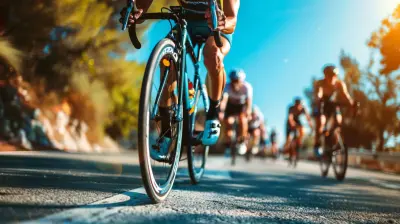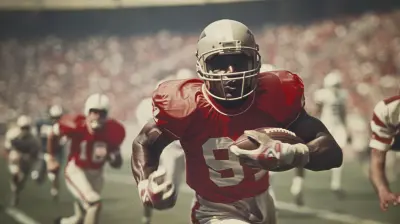Athletes Sleep: How Much Rest Do You Really Need?
7 November 2025
When it comes to athletic performance, most people think about training, diet, and hydration. But there’s another crucial factor that often gets overlooked—sleep. You can put in hours at the gym and maintain a strict diet, but without proper rest, your body won’t recover efficiently.
So, how much sleep do athletes really need? Let's break it down. 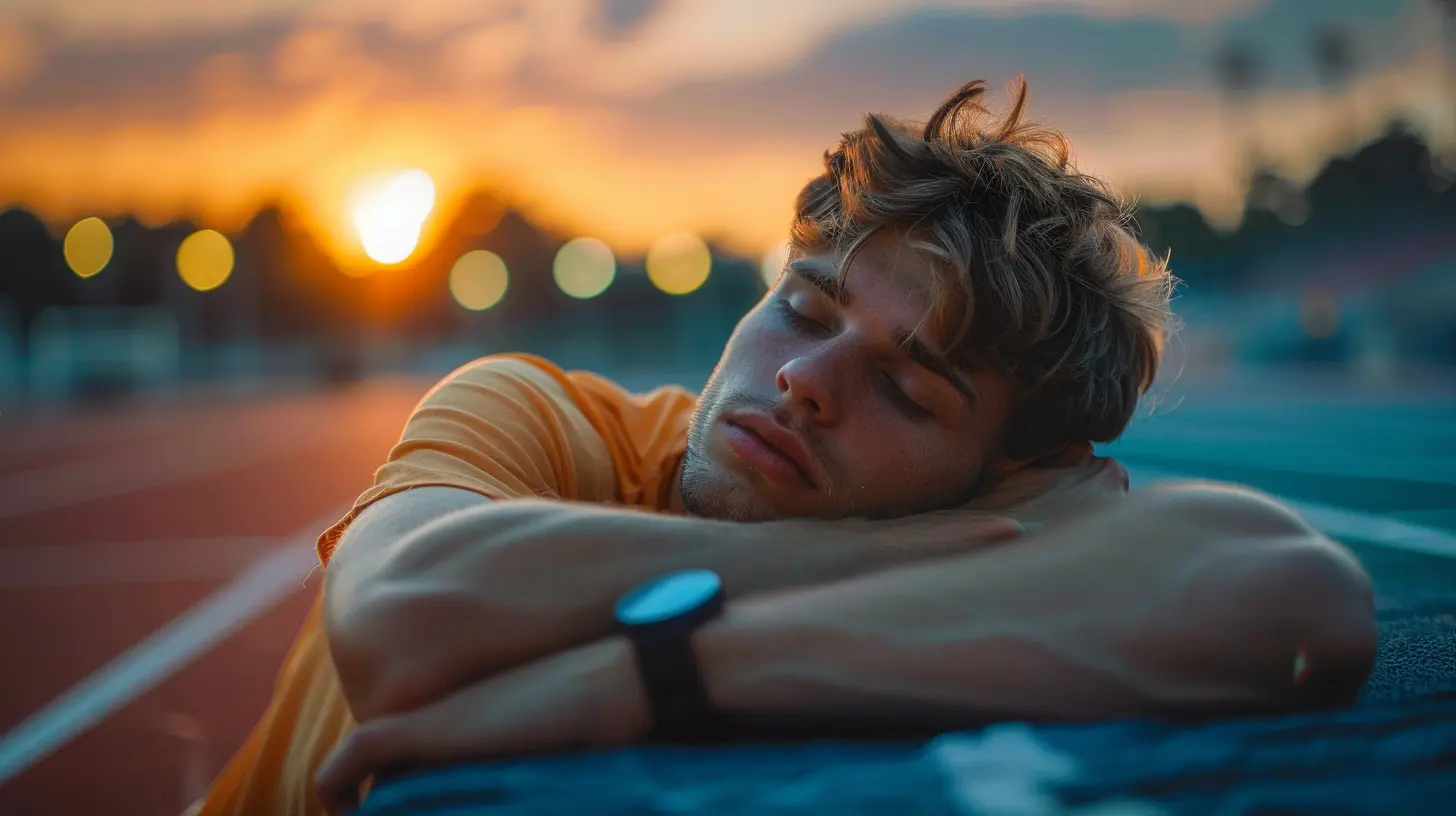
Why Sleep Matters for Athletes
Sleep isn’t just about feeling rested—it’s a key component of recovery, muscle growth, and mental sharpness. When you sleep, your body goes into repair mode. It rebuilds muscle tissue, restores energy levels, and ensures your brain functions at its best.For athletes, this process is even more critical. Lack of sleep can lead to slower reaction times, decreased endurance, and higher injury risks. In other words, all the hard work you put in during training could be wasted if you’re not getting enough shut-eye. 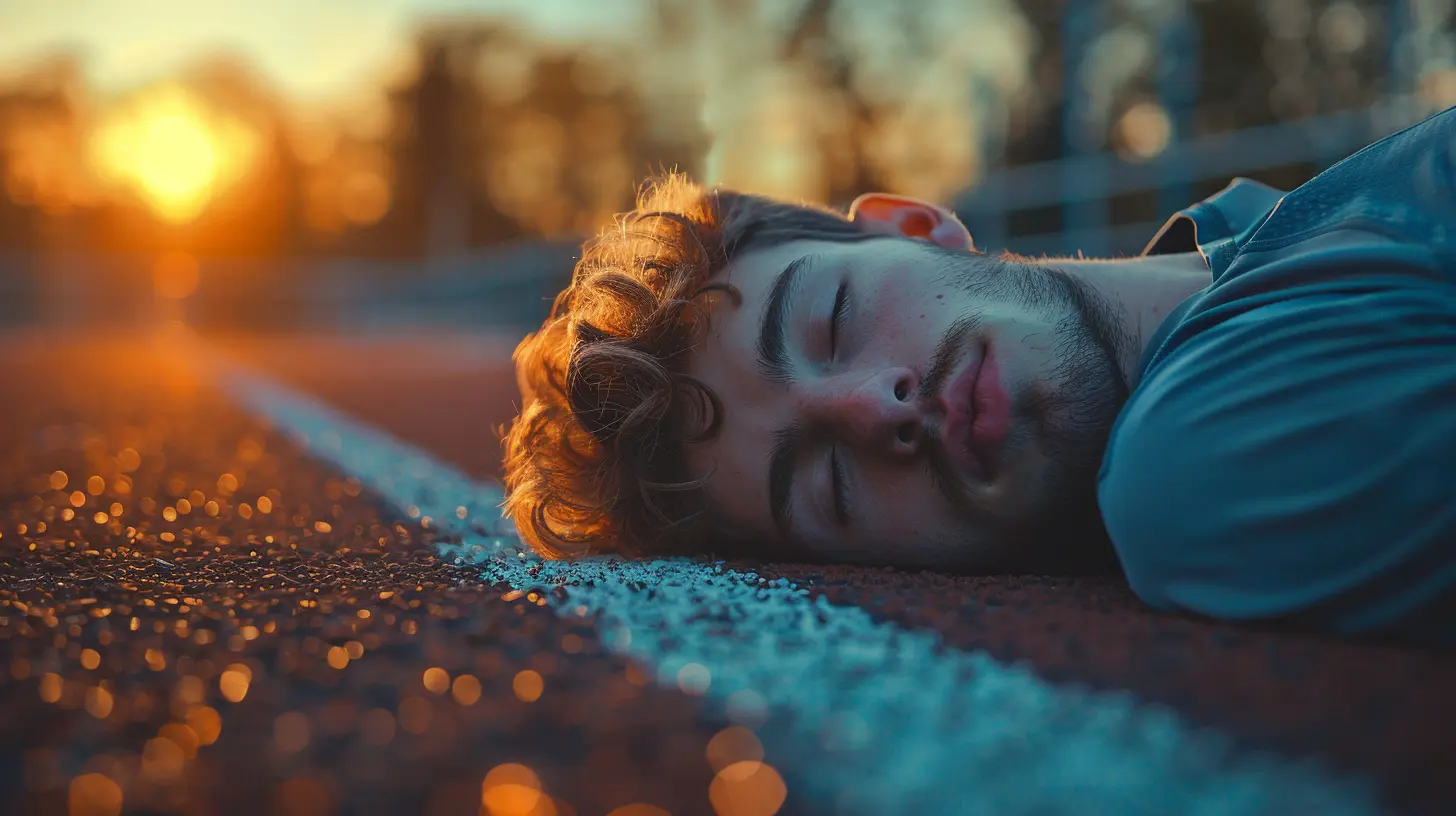
How Much Sleep Do Athletes Need?
General Sleep Recommendations
For the average adult, the National Sleep Foundation recommends 7-9 hours of sleep per night. But athletes? They often need more.Optimal Sleep for Athletes
Studies suggest that most athletes perform best with 8 to 10 hours of quality sleep. Some elite performers, like LeBron James and Roger Federer, reportedly sleep 10-12 hours a night to optimize recovery and performance.Why the extra sleep? Because athletes push their bodies harder than most people. More intense training leads to greater muscle breakdown, which means the body needs more time to repair itself. 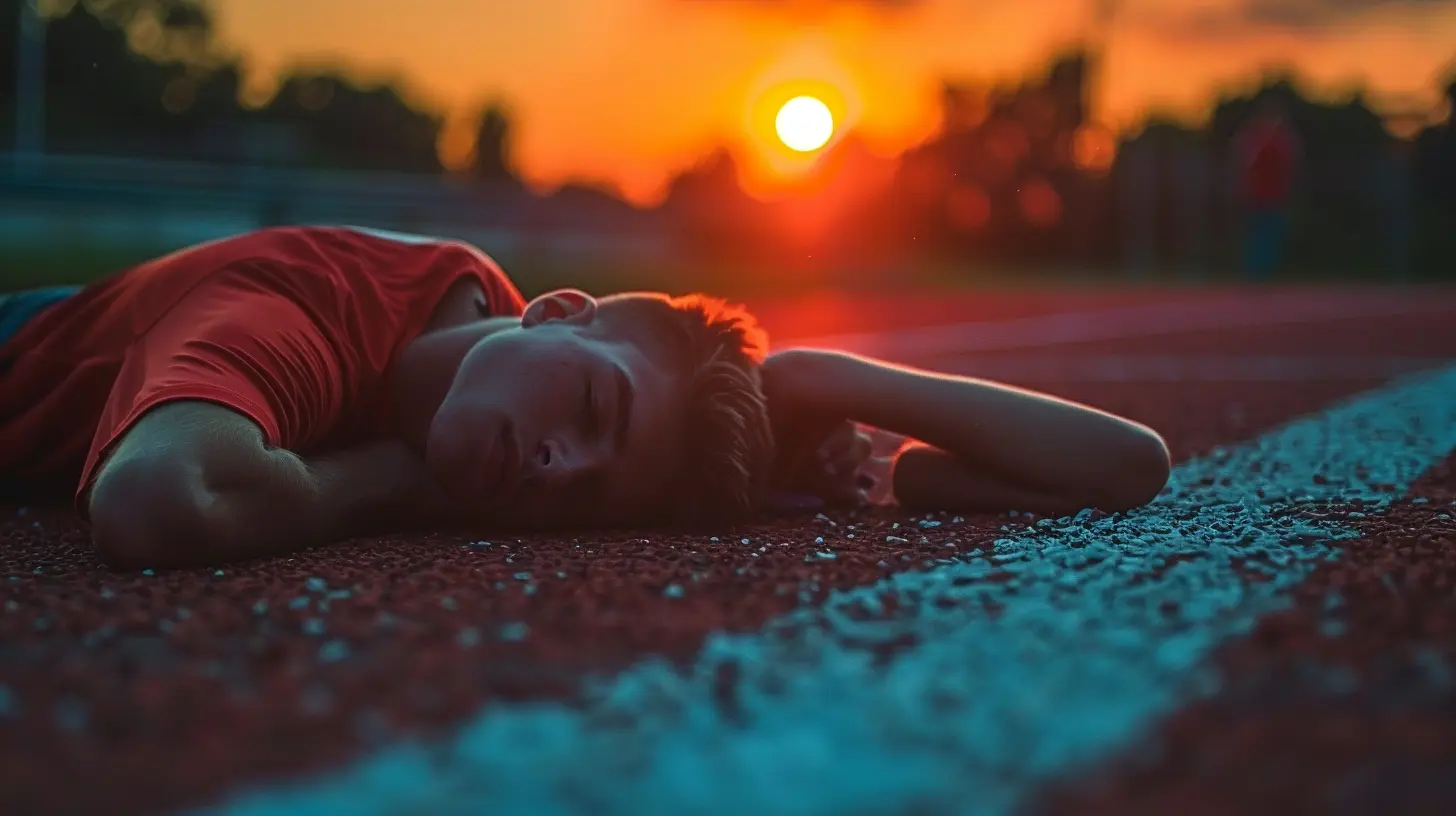
What Happens When Athletes Don’t Sleep Enough?
Skipping sleep isn’t just about feeling groggy—it directly impacts athletic ability. Here’s what happens when athletes don’t get enough rest:1. Slower Reaction Times
Think about the split-second decisions athletes have to make—whether it's a basketball player reacting to a pass or a soccer goalie diving for a save. Lack of sleep slows down reaction time, which can be the difference between victory and defeat.2. Increased Injury Risk
Fatigue affects coordination and focus. Studies show that sleep-deprived athletes have a higher chance of getting injured. A tired body doesn’t react as quickly, making missteps and miscalculations more likely.3. Reduced Endurance and Strength
Without enough rest, your muscles don’t recover properly. This means weaker performance, reduced endurance, and more fatigue during competition. If you’re struggling through workouts instead of improving, sleep deprivation could be the culprit.4. Impaired Muscle Recovery
Your body releases growth hormone during deep sleep, which is essential for muscle repair and growth. Without enough sleep, your muscles take longer to recover, increasing soreness and reducing gains.5. Weakened Immune System
Athletes already push their bodies to the limit. When you add sleep deprivation to the mix, your immune system takes a hit. This makes you more susceptible to colds, flu, and other illnesses that can throw off training schedules.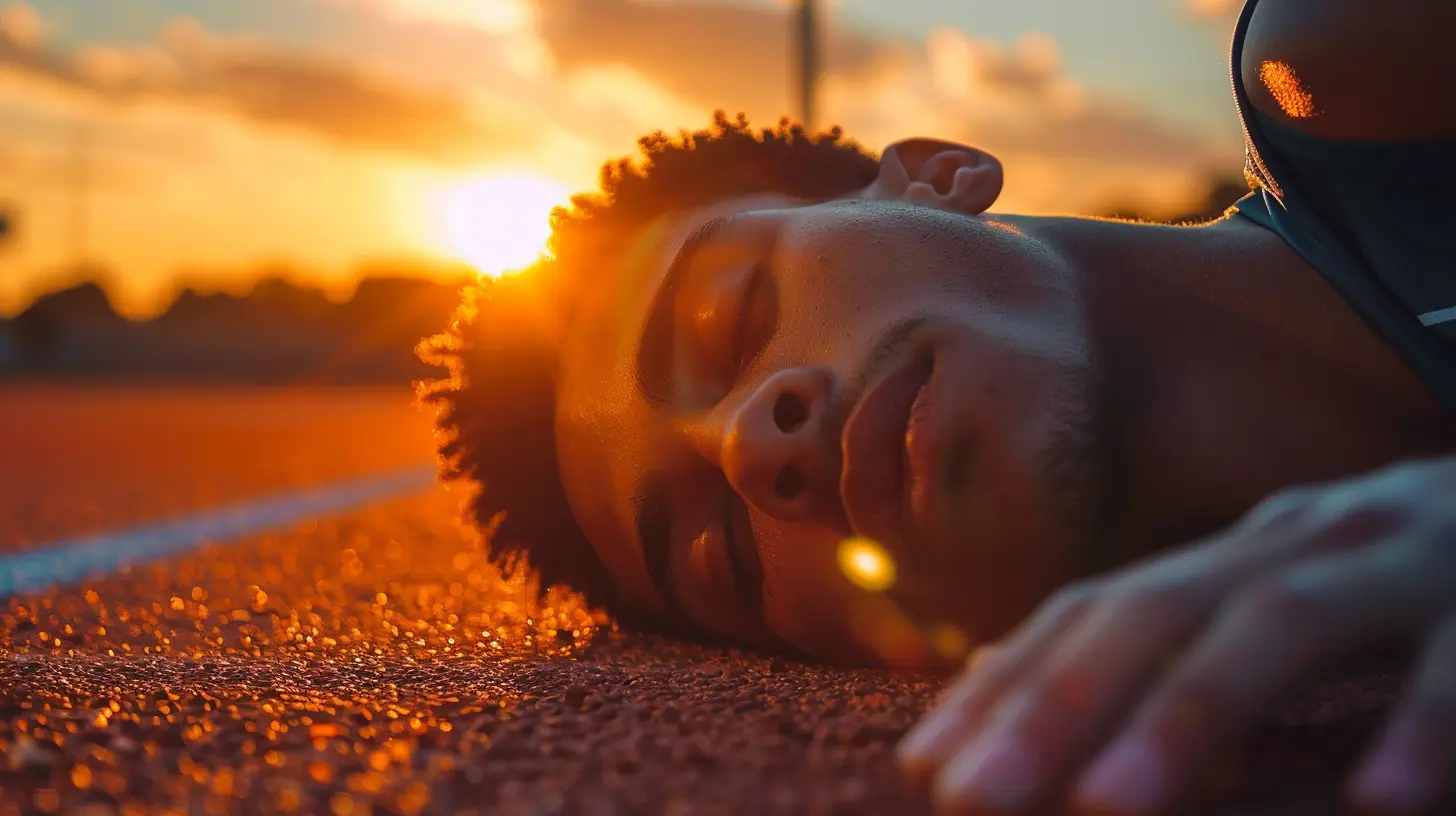
The Different Sleep Stages and Why They Matter
Every night, your body cycles through different sleep stages:1. Light Sleep (Stages 1 & 2): Prepares your body for deeper sleep and helps with learning and memory.
2. Deep Sleep (Stage 3): Crucial for muscle growth and recovery. This is when your body releases growth hormone.
3. Rapid Eye Movement (REM) Sleep: Helps with mental sharpness, motor skills, and emotional regulation. Essential for athletes who need to stay mentally focused.
Athletes need more deep sleep than non-athletes because this is when the most physical recovery happens.
Tips to Improve Sleep for Athletes
If you’re struggling to get enough sleep, try these strategies:1. Stick to a Sleep Schedule
Going to bed and waking up at the same time every day helps regulate your body’s sleep cycle. Consistency is key.2. Create a Sleep-Friendly Environment
Make sure your bedroom is cool, dark, and quiet. Blackout curtains, white noise machines, and comfortable bedding can make a big difference.3. Avoid Screens Before Bed
The blue light from phones, tablets, and TVs suppresses melatonin, the hormone that helps you sleep. Try to disconnect at least one hour before bedtime.4. Limit Caffeine and Sugar in the Evening
Caffeine and sugar can interfere with sleep quality. Avoid energy drinks, coffee, and sugary snacks close to bedtime.5. Try Relaxation Techniques
Meditation, deep breathing, and stretching before bed can help calm your body and mind, making it easier to fall asleep.6. Take Naps Wisely
Short naps (20-30 minutes) can help boost recovery during intense training periods. But avoid long naps late in the afternoon, as they can disrupt nighttime sleep.Should You Track Your Sleep?
Many athletes use sleep trackers (like smartwatches or apps) to monitor their sleep patterns. These devices can give insights into how long you’re sleeping, sleep quality, and how much deep or REM sleep you’re getting.But remember—while tracking tools can be helpful, they shouldn’t replace listening to your body. If you wake up feeling exhausted, it might be time to reassess your sleep habits.
The Bottom Line
Athletes can’t afford to neglect sleep. It’s just as important as training and nutrition when it comes to performance and recovery. Most athletes need 8-10 hours of quality sleep per night, with some demanding even more.If you’re serious about improving as an athlete, prioritize your sleep. Your body—and your performance—will thank you for it.
all images in this post were generated using AI tools
Category:
AthleticsAuthor:

Uziel Franco
Discussion
rate this article
1 comments
Wendy Collins
Sleep like a champ or crash like a has-been. Athletes, forget those late-night Netflix binges! Prioritize your Z's if you want to conquer the field. Remember, even legends need their beauty rest — don’t snooze on success!
November 7, 2025 at 5:42 AM

Uziel Franco
Absolutely! Prioritizing sleep is essential for peak athletic performance. Quality rest fuels success on and off the field!
